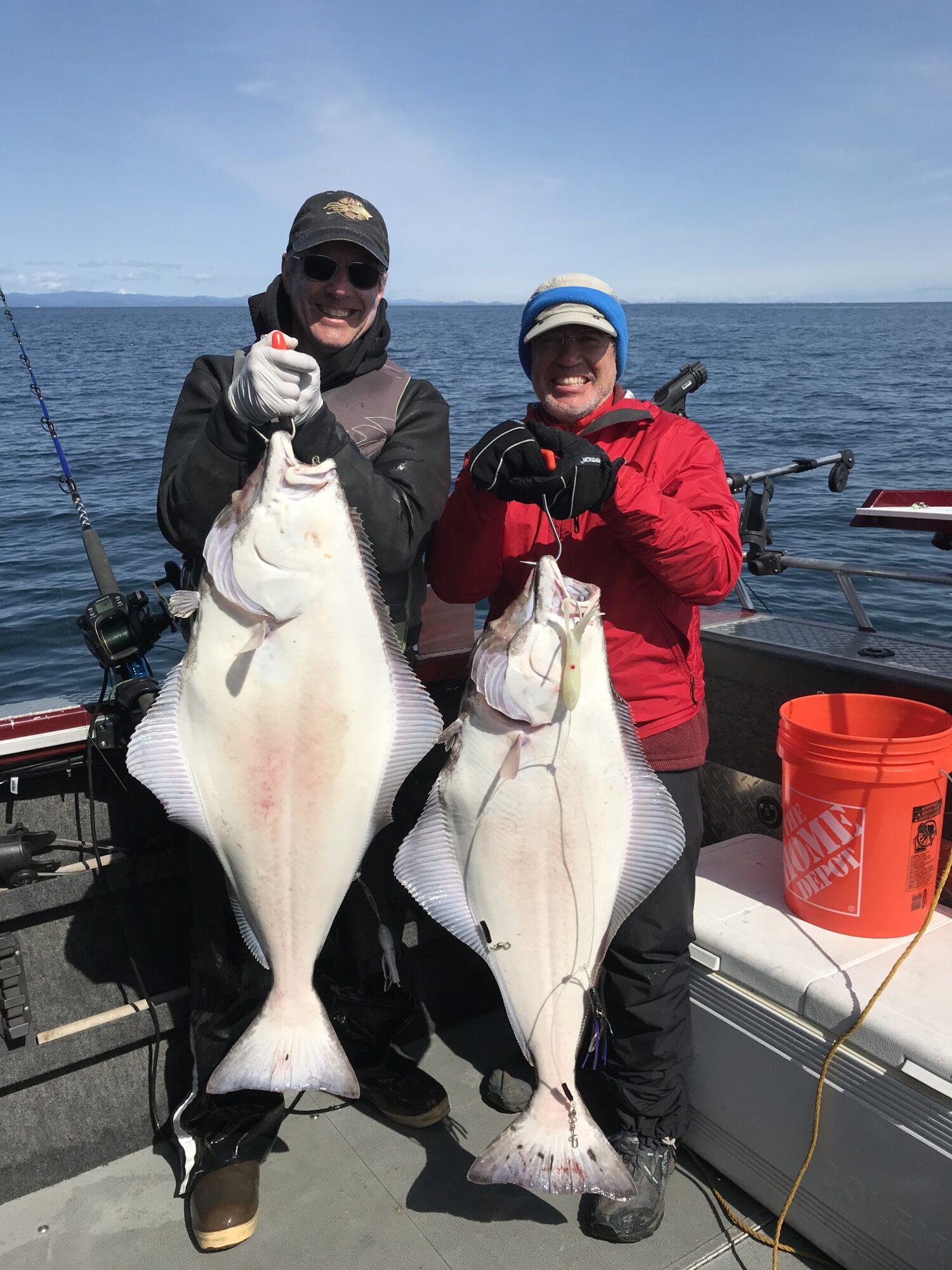How to Introduce Fishing to Your Kids
One of our many favorite things about fishing is that there is no age restriction. Regardless of how young or old you are, you can always enjoy a full day casting your line and reeling in a catch. If you’re an avid angler, you may have gotten addicted to the sport and want to share it with your loved ones too, namely your kiddos.
If it’s your dream to spend weekends by the waters with your kids, then it’s time to introduce the amazing world of fishing to them. Not only will you get to teach them life skills, but you can also build a fantastic bond and memories you’ll both cherish for years.
Of course, you need to know how to introduce fishing to your kids so they’ll enjoy the day enough to do it again. We share helpful tips below!
How to Introduce Fishing to Your Kids
Teaching new skills to your kids can be a bit nerve-wracking. After all, some kids may not find sports like these their cup of tea. But when you have the right teaching methods and consider any differences in their equipment and technique requirements, you can encourage your child to learn and have a fun time in the waters.
Here are some effective ways how to introduce fishing to your kids:
Start Early and Slowly
One of the biggest mistakes a parent can make is rushing their child into fishing by overexposing them and doing too much. Think about it – Can your young child sit in a boat and fish for an entire day like your fishing buddy? We didn’t think so either.
Training young future anglers is a process, and it will take a lot of time, effort, and patience on your side. You can begin the learning process by first taking a nature walk to your local river or lake. You can also walk along the shoreline and spot some fish that can pique their curiosity.
Now, on the actual fishing trip, opt for a short trip. You don’t want to book a charter for a full-day excursion. Start with maybe an hour of fishing inshore, maybe even less, depending on your kid’s mood at that time. Moreover, schedule a fishing trip during ideal weather, and choose a good location beforehand where you and your kid are almost certain to catch fish.
You don’t need to target huge largemouth bass or catfish. Any species is okay as long as your kid is getting frequent bites, which can maintain their attention.
Call it a day even before your child starts losing interest. That way, they’re left excited for the next trip. However, continue the learning process by reading children’s fishing books or introducing them to your fishing gear. You may also want to help them practice casting or reeling in the backyard. But still, keep these practice sessions brief.
Bring Snacks and Take Breaks
As you continue taking fishing trips, try slowly increasing the duration but with frequent breaks. For example, fish for about half an hour then take a break, repeating that cycle until it’s time to end the trip. Make sure that the breaks are filled with yummy and healthy snacks like granola bars, cheese sticks, and crackers. Also, bring a lot of water and juice to stay energized and hydrated.
While you’re taking snack breaks, you can have your child continue learning. If you’re on a boat with a live well, let them watch the fish swim. Or, you can have them touch and learn about the bait and be aware of their surroundings. All these involve stimulating your child’s senses, which keeps them interested.
Be Patient
As mentioned, it takes time, effort, and patience to introduce fishing to your kids. The same goes for any sport or activity, really. And remember, you’re teaching a kid, so there will be a few minor accidents or mistakes like backlashes, snags, or tangles.
Don’t fret, as this is all part of the learning process. We were all beginners at one point! Rather than showing your frustration, let your child know that it’s okay to make mistakes and is part of learning. Then, you can teach them how to improve so they avoid making the same mistake.
If you end up angry or looking disappointed, your child may end up feeling discouraged or pressured to do better. You must prepare for the fact that you won’t be spending much of your time fishing but doing other related activities, such as baiting hooks, taking off fish, and dealing with a few issues or mistakes as your child learns to fish.
For those who manage to fish and hook a fish, try to let your child reel it in. If they don’t want to, encourage them to try netting the fish. This allows your child to let in on the fun and excitement while feeling proud about their catch.
If the fish becomes unbuttoned, that’s alright. Don’t be frustrated and explain to your child what happened. But when you do catch a fish, celebrate with hugs and high fives, taking a ton of photos to commemorate the achievement.
Wrapping It Up
Fish will bite no matter how small or big, young or old you are. Even toddlers as young as two years old can start learning how to fish! But remember, there is a right and wrong way to introduce fishing to kids. As long as you follow effective tips and techniques, you and your family will learn to love the sport.
If you plan on booking a fishing charter, call us now and we can connect you with our network of reputable charter captains. That way, you’ll have the entire trip prepared for you and your family so you can focus more on teaching and spending time with your kids. The charter captain and crew can also provide the appropriate equipment and pass their fishing knowledge down to your family!
Schedule your Oregon Fishing Charter Today!







